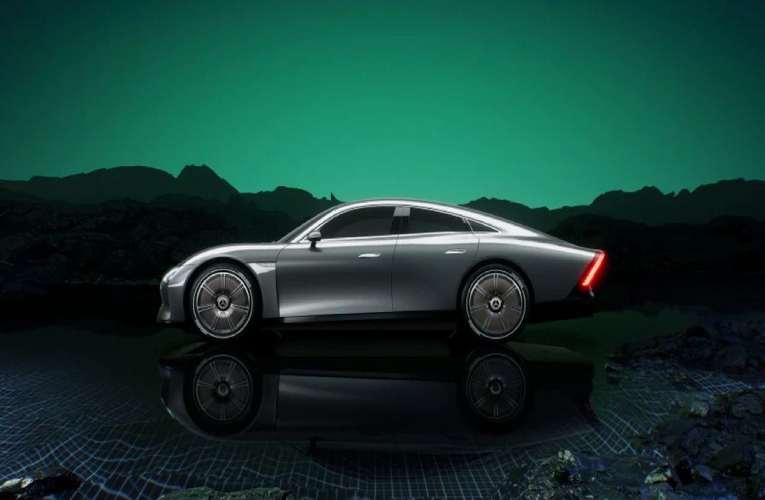
For the financial year to March 2024, Toyota is looking to sell a record of 11.4mn units as compared to 10.6mn the previous year
Amid the US-China geopolitical scuffles, Japan’s international car-maker Toyota is now eyeing to increase its electric vehicle market share in China. The company’s newly appointed chief executive Koji Sato has also assured to meet the same and is also expecting a 10 percent escalation in yearly operating profit to $22 bn, the largest for a Japanese firm.
According to an exclusive report by the Financial Times, Toyota, one of the world’s leading vehicle manufacturers, is looking forward to becoming actively aggressive in this segment, as it is planning to sell a gigantic volume of cars this year backed by the closure of chipset production crunch.
Sato, who joined the company’s Chief Executive this month is furnished with the task of spearheading an industry, which is quickly shifting to electric vehicles. Sato will also closely monitor the geopolitical perils created by the US-China tussle, reports Financial Times. According to the report, Toyota further added that for the financial year to March 2024, the company is looking to sell a record of 11.4mn units as compared to 10.6mn the previous year.
The premium Lexus brand, which is also owned by Toyota mentioned that the yearly international sales of battery-powered cars is likely to increase 202,000 units from the 38,000 units last year. Until March, the net operating profit of Toyota increased to 35 percent from a year earlier to ¥626.9bn, while revenue increased 19 per cent to ¥9.7tn, reported by the Financial Times.
In a media conference, Toyota’s Chief Financial Officer, Yoichi Miyazaki, said that along with undertaking various efforts to tackle the semiconductor components shortage, the firm is now ready to manufacture a record volume of vehicles in 2023. In the past few months, the car manufacturers in Japan have mentioned a huge sales decline in China compared to the rivals, which is mostly due to the slower launch of electric vehicles.
In an interaction with the Financial Times, Sato said, “The shift to battery electric vehicles [BEVs] in China is fast so we will aggressively roll out BEVs. At the same time, it is true that there is steady demand for hybrid vehicles as well . . . so we will work on both fronts.”

